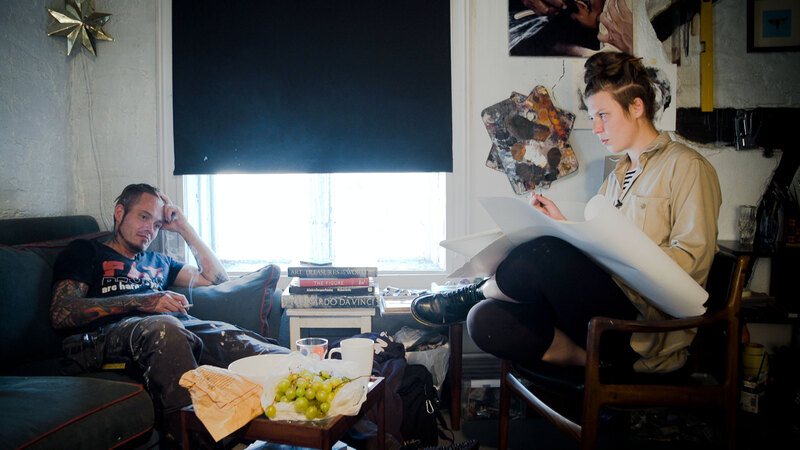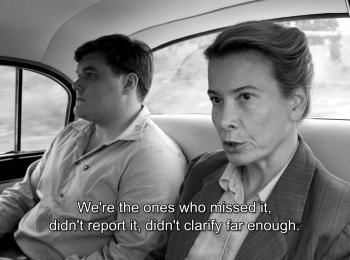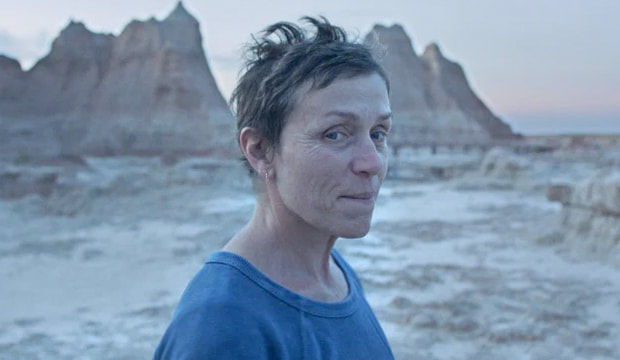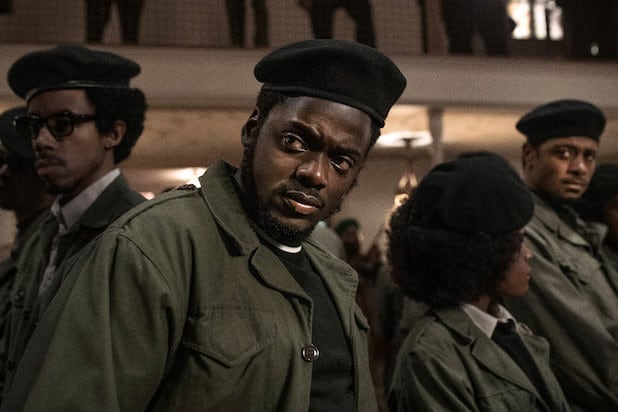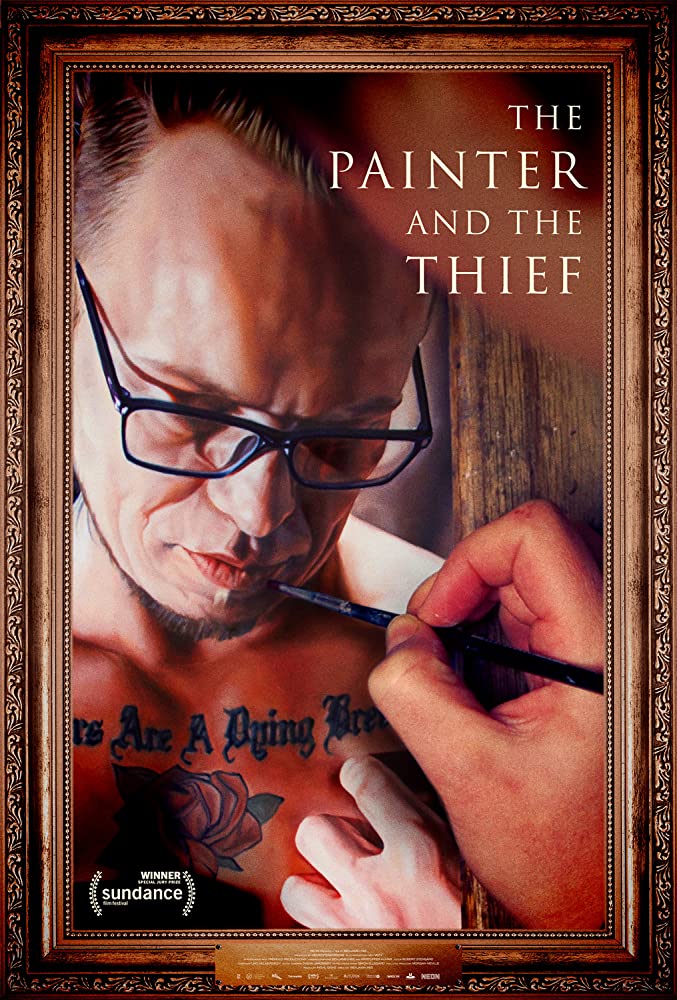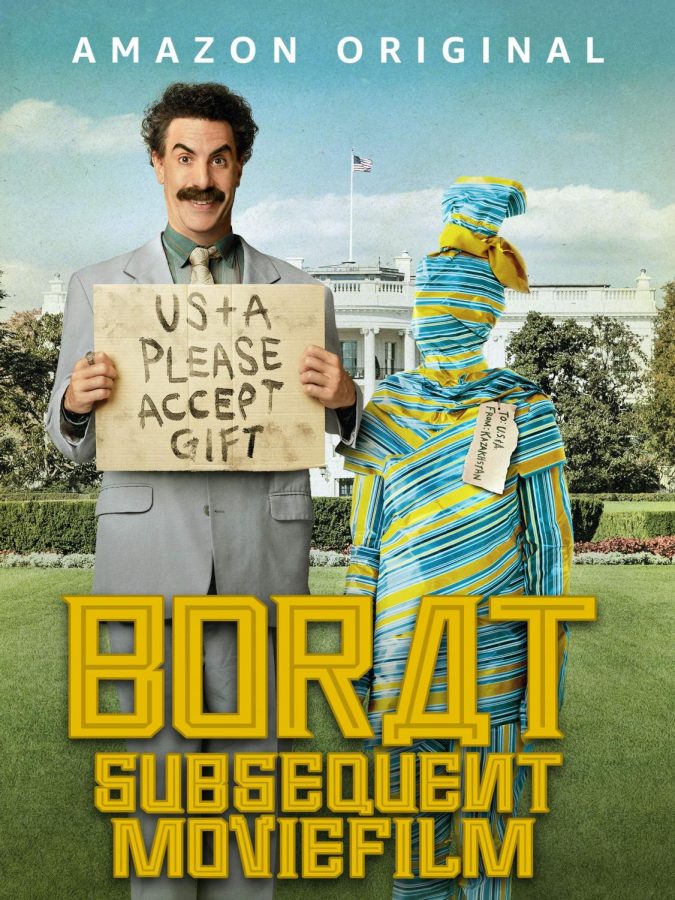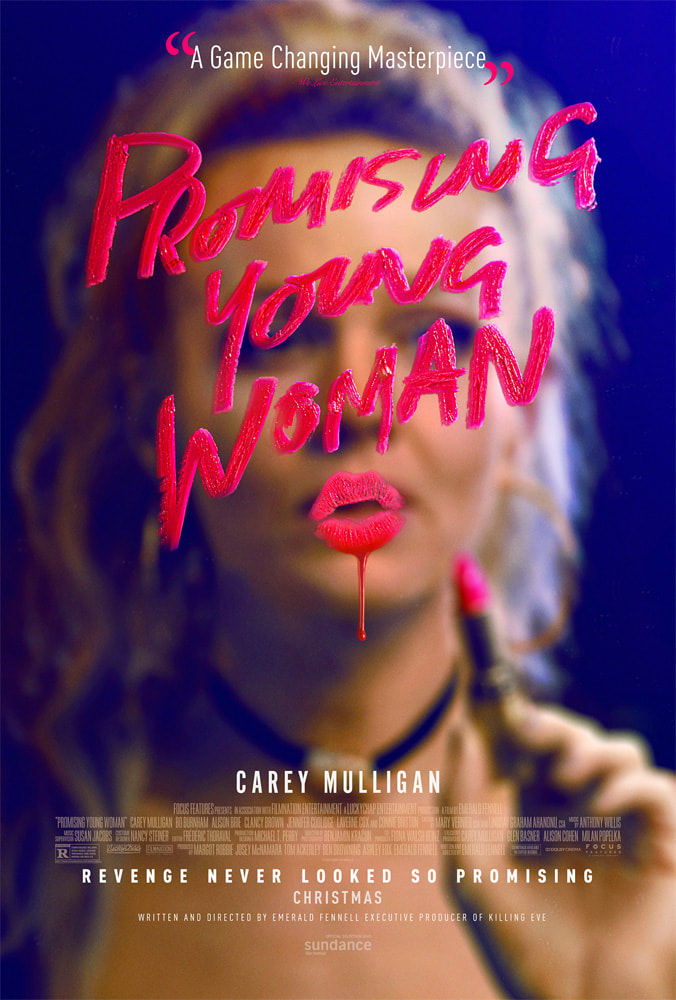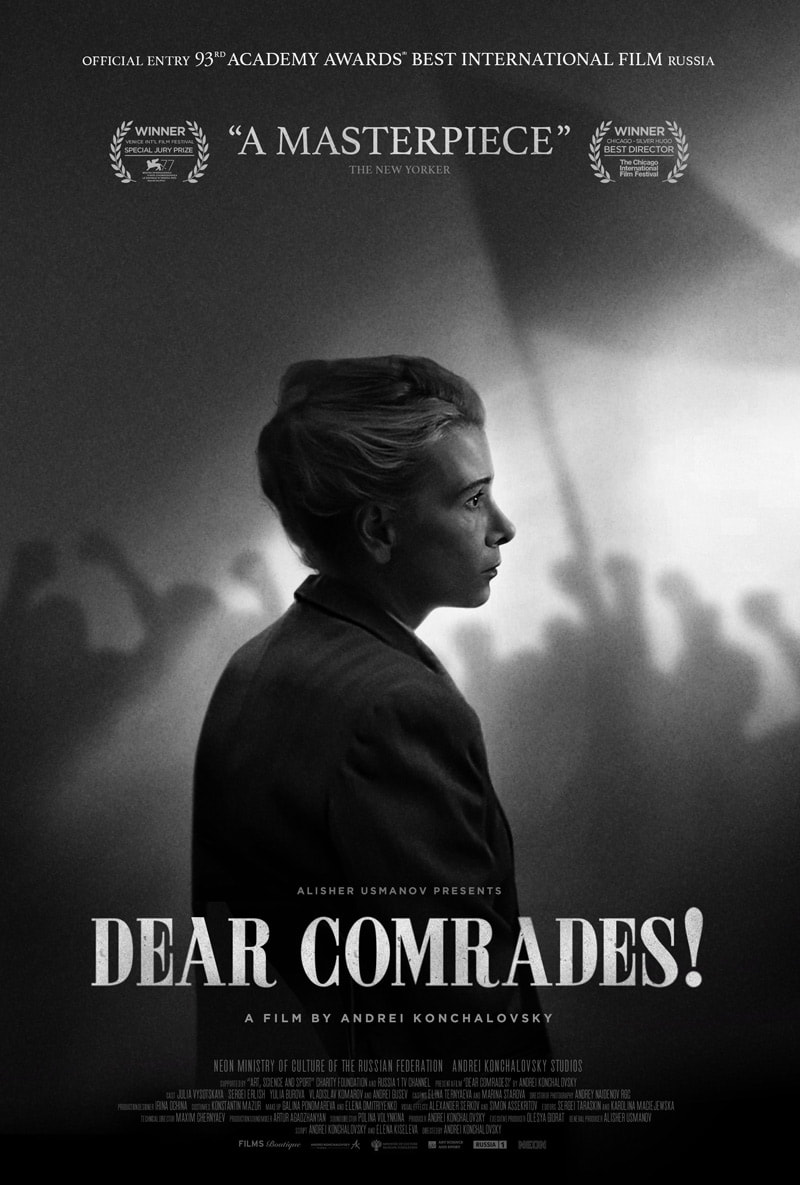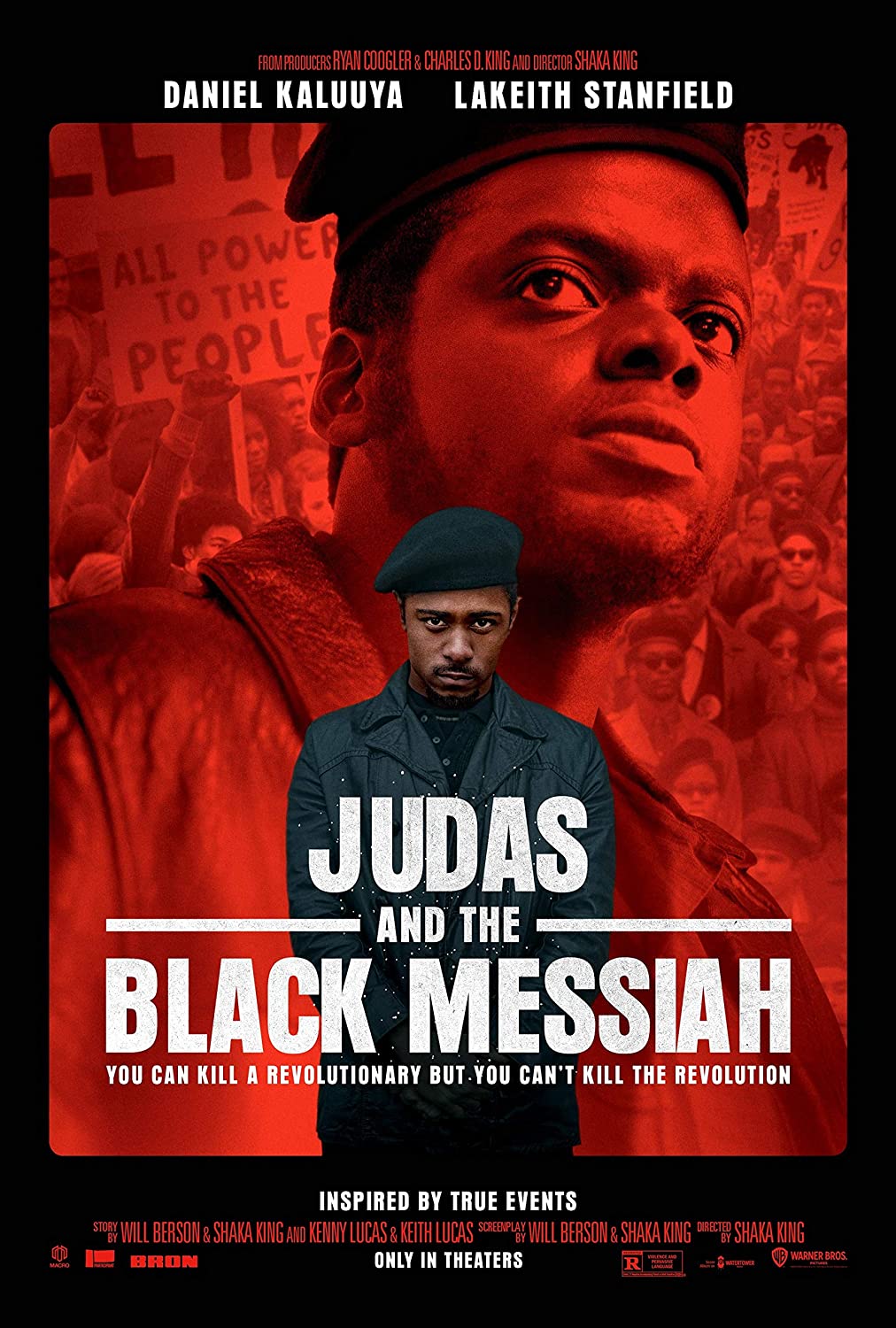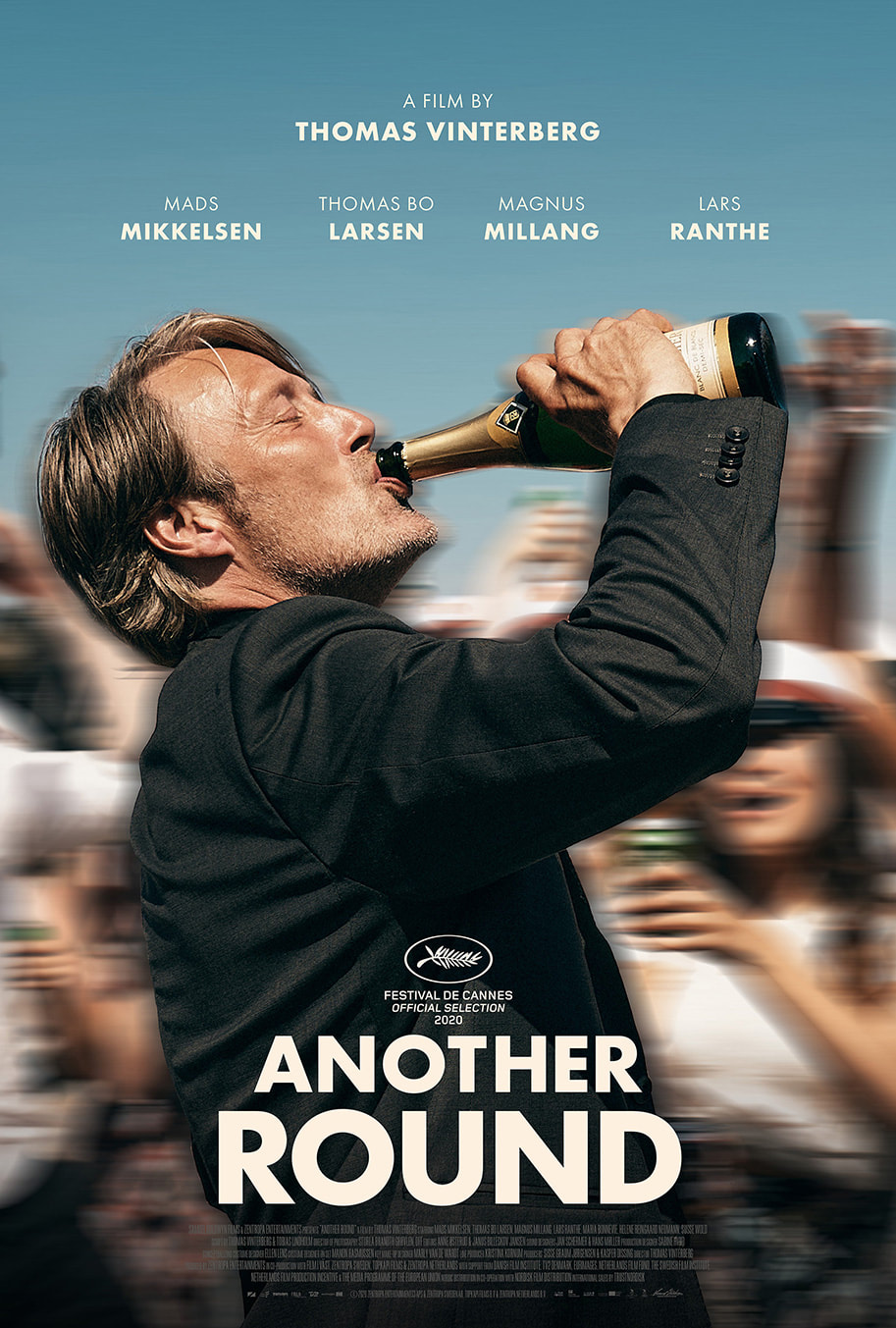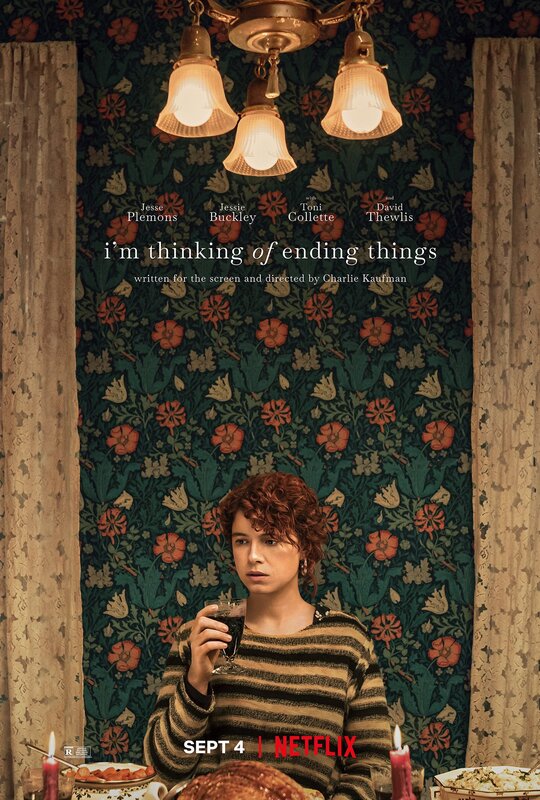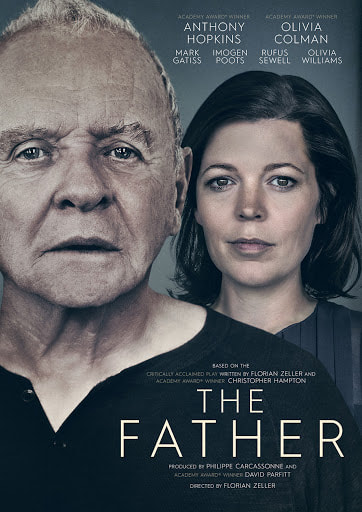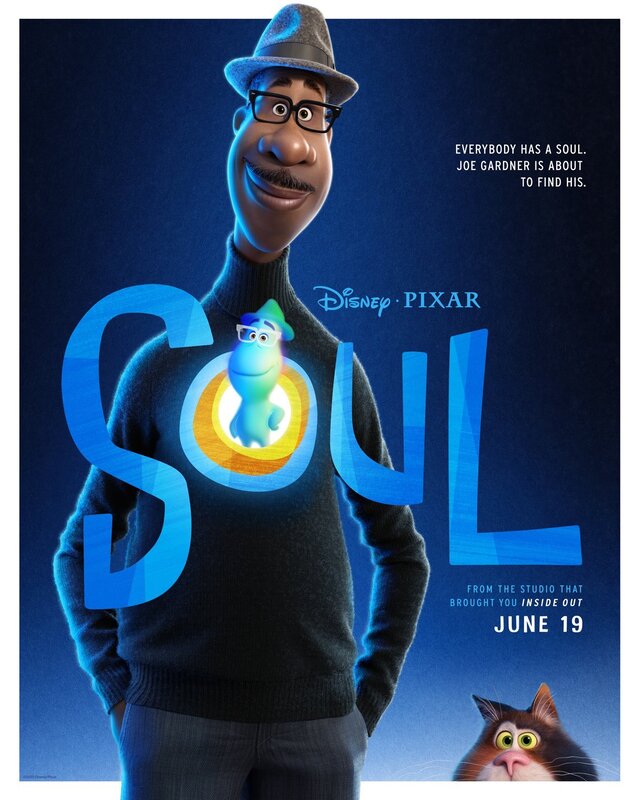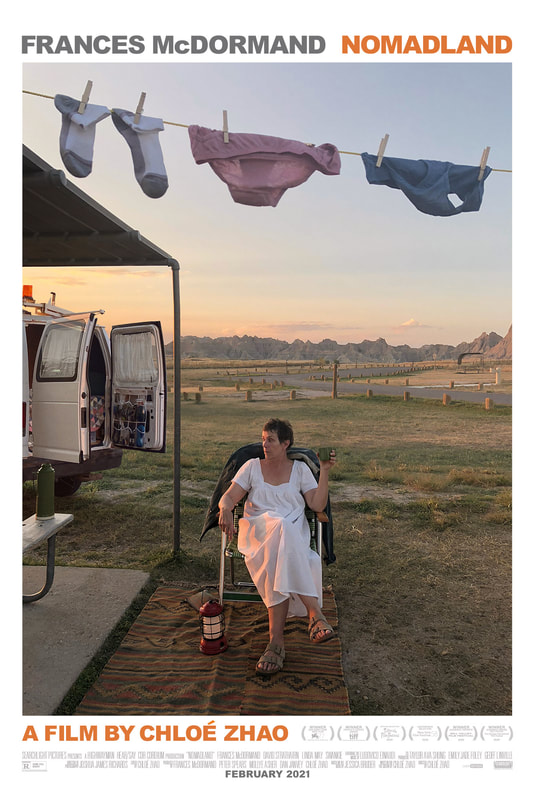|
Well, ladies and gentlemen, here we are, at the end of it all (pre-awards coverage at least). Yesterday, I revealed that not only had I finalized my list of the best movies of 2020, but that I would actually be doing a Top 20 this year in place of my usual Top 10, both as a means for celebrating the great art that was released last year, and as a way to give my readers a better sense of what the best movies of the year actually were. This list, today, is the more traditional, final part of that. Welcome back to The Friendly Film Fan, and let’s get into Part 2 of my Top 20 Best Movies of 2020! 10. The Painter and the Thief During the summer of 2020, when theaters had shut down, I was out of a job, and movies were just starting to release for early home viewing, a little documentary called The Painter and the Thief came across my radar. The film was distributed by Neon, who also distributed my two favorite movies of the previous year, Portrait of a Lady on Fire and the eventual record-breaking Best Picture winner Parasite. I had faith that the studio would deliver again, and boy, did they do that and then some. This saga of a painter befriending the thief that stole her art hit me harder than any other documentary did this year. The tale of forgiveness, of self-forgiveness, self-actualization, and what it’s like when someone sees the innate humanity in those most people would write off as inhumane is a brilliantly told story with more than a few moments at which I was so genuinely moved that I began to cry. The thief’s reaction when he sees the artist’s painting of him for the first time is a moment in 2020 movies that I will remember forever. The Painter and the Thief Review 9. Borat Subsequent Moviefilm Borat Subsequent Moviefilm may not have been “objectively” the best comedy of the year, but it is without a doubt the one that should not have worked. And yet, somehow it does, both as a (slightly inferior in some ways) sequel to the original film and a proto-feminist expose on American culture and what people are willing to do and say when they think no one is watching or that their words won’t be heard by everyone with a Prime Video account. The story Sacha Baron Cohen tell here is noticeably satire (and Cohen is once again phenomenal in the role), but underneath its crude, roughshod exterior, the movie carries something much more meaningful about growth, unlearning biases, and female independence. Maria Bakalova as Borat’s daughter, Tutar, is an absolute revelation, the things she does and the people she interacts with increasingly unpredictable and genuinely hilarious. She’s 100% the front-runner for a Best Supporting Actress Oscar this year, and although the field is becoming more difficult to predict by the day, she’s still my bid to win the whole race. Bitesize Breakdown Review Letterboxd Review 8. Promising Young Woman Emerald Fennell’s Promising Young Woman, though at first it may seem wrong-headed or a little bit difficult to parse out the nuances of, is nonetheless a stunning rebuke of the “nice guy” type of person men often claim to be when women offer up their stories of being harassed, stalked, assaulted, etc. It’s no coincidence that career “nice guys” like Adam Brody, Christopher Mintz-Plasse, and Max Greenfield are cast here as the ostensible friendly hand, only for them to turn into predators when no one’s around to stop them. The performances are phenomenal, particularly from Laverne Cox (who, admittedly, doesn’t get a lot to do) and the increasingly versatile Bo Burnham, but it’s Carey Mulligan as the lead character, Cassie, who holds the entire narrative together. There’s not one false note in Mulligan’s performance, and as the heavy favorite to win Best Actress at the Oscars this year, it is a real treat to watch her work many of these scenes as the physical embodiment of a reckoning coming for all those who wronged her friend when they were in school. I won’t spoil too much of the plot or details, as the film is available for VOD purchase right now (rental soon), and I would encourage everyone to see the film at least once without knowing much about it, but suffice it to say, the ending is one that will stick with you for a long time after your first viewing. Bitesize Breakdown Review Letterboxd Review 7. Dear Comrades! This is the first year that I’ve been able to watch many of the International Feature contenders for the first time, but none have made quite an impact on me the first time I saw them quite like Dear Comrades! The Russian submission to this year’s Academy Awards, Andrey Konchalovsky’s film about a revolution against the communist party in power at that time is perhaps the most impressively-crafted film I saw all year, including in the extended awards season. The direction, sound, script, and performances are immaculate, with Yuliya Vyotskaya giving maybe the most perfect lead performance a movie like this could ever have, bolstered by absolutely stunning black-and-white cinematography by Andrey Naydenov. Many may be put off by the film’s “anti-communist” messaging, but to me, the film itself isn’t so much anti-communist as it is anti-total-party-loyalty, and it’s not afraid to dive into what that loyalty might ultimately cost someone in the long run, especially where it concerns their children or the youth of a particular nation-state. I’m not entirely sure if the ending of the film totally works or doesn’t, but it’s certainly not a bad ending either, and the sheer level of craft that precedes it could have landed the film in the top 10 all by itself. Luckily, there’s quite a lot to recommend here. Letterboxd Review 6. Judas and the Black Messiah The only reason this one didn’t quite make the Top 5 is because its middle section is just the slightest bit too long. However, that doesn’t stop how powerful, furious, and phenomenal Shaka King’s sophomore feature truly is. Bursting with an energy reminiscent of earlier, angrier Spike Lee, Judas and the Black Messiah is a fantastic film recounting both the efforts and government-sponsored assassination of Black Panther Chicago party leader Fred Hampton via the perspective of traitor and FBI informant William O’Neal. Lakeith Stanfield is great as O’Neal in the film, marking yet another awesome turn in a career chock full of them. Jesse Plemons and Dominique Fishback also continue their reigns over the movie world as some of the most engaging performers of their generations, career-bests for both. It’s Daniel Kaluuya’s Fred Hampton, however, who immediately steals the spotlight the second he walks on screen. Kaluuya, no doubt in my mind, will win Best Supporting Actor this year (barring a huge upset), and anyone who’s seen Judas’ speech scene knows exactly why. Kaluuya also turns in a career-best performance, and if you’ve been watching him for a long time, you know that high praise does not come lightly. Kaluuya proves here that he’s not just one of the best actors of his generation – he might well be the best – and under Shaka King, he rises to a whole other level. Plus, the cinematography by Sean Bobbitt is some of the year’s best and most criminally under-recognized. Bitesize Breakdown Review Letterboxd Review 5. Another Round Thomas Vinterberg and Mads Mikkelsen sure are a fine pair, aren’t they? Having previously teamed up on The Hunt, one of the most uncomfortably difficult-to-watch movies in the entire Mikkelsen catalogue (and that’s saying something), the director and actor re-teamed for the absolutely brilliant Another Round, which tells the story of four high school teachers who decide to test a hypothesis that human beings are born with a .03% alcohol deficiency by drinking just enough to raise their blood-alcohol levels before work in order to improve their job performance. As can be expected, some things go wrong later on down the line, but the journey to that later is well worth taking, and the film also doesn’t shy away from the things that go right while the experiment is happening either. Thomas Bo Larson stands out as the best supporting performance in the film, but this is Mikkelsen’s movie, and he owns every second he’s on screen. Mikkelsen is one of the world’s greatest living and working actors, so to see him hit career-best work in this is a sight to behold. One scene that stands out is a drunken dance towards the end where one can feel the energy just pulsating off of him as he dances along to “What a Night.” This movie will win Best International Feature this year, and I will be right there to cheer it on, all the way to the finish line. Bitesize Breakdown Review 4. i’m thinking of ending things Released all the way back in September, Charlie Kaufman’s directorial follow-up to Synecdoche, New York and Anomalisa is just as trippy, if not more so, than those films (though, to be fair, I’m really only speaking for Anomalisa here, since I haven’t seen the other one). There’s always something unsettled or not-quite-right around the margins of the film, from the way it’s shot, to the narration, to the fourth-wall breaks, to the way characters talk to and interact with each other. It’s an absurdly confusing movie if you’re not already aware of what’s going on or can figure it out eventually, but unlike most other confusing films, it’s no less compelling because of its confusion. In fact, the confusion itself is what lends the film a lot of its quality in the first viewing – the clarity comes in the second. Jessie Buckley is fantastic here, and I know I keep saying everyone did career-best work in these films, but I’ll have to keep saying it as long as it remains applicable, and Buckley’s stellar performance in i’m thinking of ending things is no exception to that. Jesse Plemons, once again in one of the year’s best films, also turns in great work, as Toni Collette and David Thewlis stand out in their supporting parts. Kaufman taps into something here about both the loneliness and the wandering that one experiences towards the end of a life, and even if what he’s trying to say isn’t immediately clear, it’s a film and an experience that is nearly impossible to shake. Bitesize Breakdown Review 3. The Father To be quite honest, I don’t know if The Father or Soul is the better movie, and I may end up coming back to change their placements later once I’ve seen both of them back-to-back, but for now, this is where they stand (this statement will be erased, too, after I’ve determined whether or not they switch). The Father was a movie I was looking forward to from the very first moment I saw the trailer, though it did look a bit plain, even if Anthony Hopkins seemed to be doing great work in it. I was not, however, prepared for the level of depth and care a film like this would give its subject, nor in any way was I expecting what the film would eventually turn out to be. THIS SERVES AS A MILD SPOILER WARNING. SKIP THIS ENTRY IF YOU WISH TO KNOW NOTHING ABOUT THE FATHER. When the viewer eventually figures out that the entire film is told not from the perspective of those who interact with Hopkins, but from his, the strange and idiosyncratic editing and set design choices come into sharp focus as having far more purpose than previously thought. We are not watching a man slowly lose his mind to dementia; we are that man losing our minds as well. Conversations are had in loops, certain characters’ faces and names change on a whim, and often we don’t know why or what’s meant to be going on, even if we think we do. It’s a brilliant concept through which debut director Florian Zeller tells this incredible story, leading not just to an absorbing narrative and brilliant filmmaking, but the best performance Anthony Hopkins has given since The Silence of the Lambs. There’s not a single moment where I questioned whether he was actually dealing with dementia or not – in fact, part of me wondered if Hopkins was genuinely okay afterwards – and yet another solid supporting turn from Olivia Colman manages step by step to aide the audience’s perception of that character. Letterboxd Review 2. Soul The largest criticism I keep hearing in regards to Soul is that it’s not as good as Inside Out, and while I’ll agree it’s not as funny or zippy as that previous Pixar effort, I’m not sure that criticism – on its own – understands what Soul is actually trying to be. Inside Out, primarily, is a comedy, but while there are certainly a number of funny moments in Soul, it takes a much more somber, spiritual approach to its subject matter than Inside Out does. Its story is not informed by psychology but by humanity, not by mental health but by spiritual wellness, by hope rather than happiness. It’s a difficult line to walk, and although Soul doesn’t always walk it without some wobbles here and there, the level of ambition it has, as well as the things it does manage to pull off, are uniquely esoteric more than they are accessible. Soul is going for something adjacent to Inside Out, but not parallel, and that’s where I think that criticism fails to account for how – although they share a director – they’re not really similar in most respects, except for their studio and their exploration of things most animated films don’t dare to touch. And I haven’t even gotten to the actual content of the movie yet, which is easily some of the best that Pixar has ever produced. As Joe Gardener looks back on his life, we can see that what makes it worth living isn’t quite the same thing as what he’s been living for; his purpose and his spark are not the same thing, and that sort of confusion between purpose and presence is perhaps the most relevant thing about it (apart from the disgruntled accountant, perhaps). The animation is also peak Pixar, flowing in and out of different shapes, dimensions, concepts, and images in order to demonstrate how all different shades of life work before a soul is even ready to get to Earth. Plus, whatever lighting engine Pixar used for the Earth-bound material might be the greatest lighting engine ever made. It’s a stunning movie to experience as a narrative, but an even more stunning one to look at, and in future rankings, is sure to be counted among the best and most ambitious projects Pixar has ever tackled. The score by Trent Reznor & Atticus Ross is also the best of the entire year. I had more to say in my SPOILER-FILLED list of the Best Scenes and Movie Moments from 2020 list, so if you’ve seen the film, go ahead and check that out too. Bitesize Breakdown Review Letterboxd Review 1. Nomadland I paid a guy for awards screeners to watch Nomadland twice before it even hit theaters or Hulu during its wide-release expansion (all legally vetted, don’t worry), and I sincerely considered watching it yet a third time purely based on how incredible I found it to be. Chloé Zhao’s Best Picture front-runner is a stunning film about what it’s like to never quite be home, but never quite be homeless either, bolstered by immaculate cinematography from Joshua James Richards, as well as stellar editing, writing, and directing. Zhao’s technique of incorporating real-life individuals into her films alongside veteran actors like Frances McDormand and David Strathairn has never worked better than in this film, and as one continues on in the narrative, you do become genuinely attached to a few, which is heartbreaking when some of them inevitably don’t return. This is still about McDormand’s character, though, and the film never forgets that it’s her journey we’re ultimately following. She, in particular, in a phenomenal performance as Fern, is adrift among drifters for much of the film, and her van becoming her home is something that happens not because she just chooses to live as a Nomad, but because she continues again and again to return to that life despite every introduction of a different one she could live. In fact, it’s not so much that her van becomes her home as the Nomadic lifestyle does, and as she returns to it, one can see that no matter how difficult it gets for her, it is the home she’s most at peace in. The film itself isn’t necessarily quick-moving, preferring instead to take a more patient, humanist, naturalistic approach to how its story unfolds, but if you give it a chance, it can be one of the most rewarding experiences you’ll have all year, and for me, it was the film in 2020 I continued to return to again and again. Since the very first time I saw it, I’ve thought of and pondered it every single day. Bitesize Breakdown Review Letterboxd Review And that’s the final tally on my picks for the Top 20 Best Movies of 2020! What was your #1 movie of the last year? Did you see any of the movies on this list? Let me know in the comments section below. Thanks for reading!
- The Friendly Film Fan
0 Comments
Leave a Reply. |
AuthorFilm critic in my free time. Film enthusiast in my down time. Categories
All
|
